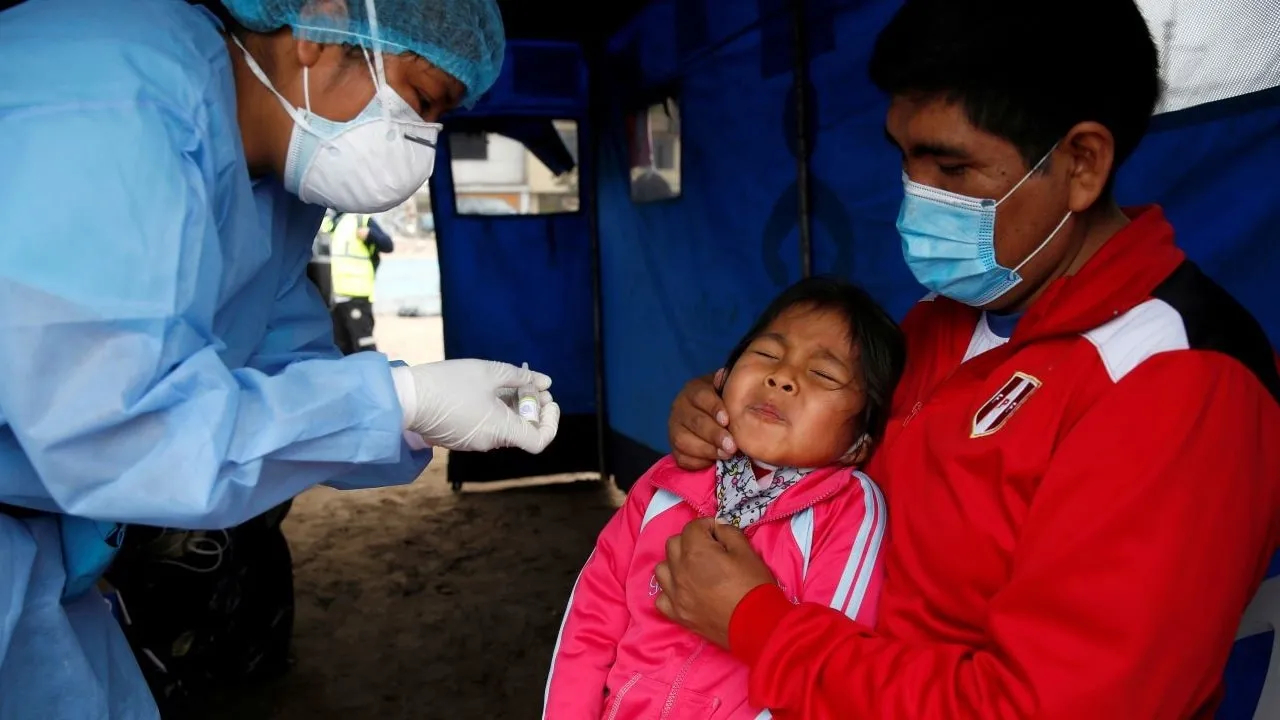Understanding Diphtheria: Symptoms, Prevention, and Treatment Amidst Outbreaks

What is Diphtheria?
Diphtheria is a contagious disease caused by toxin-producing bacteria, primarily affecting the upper respiratory tract. The World Health Organization (WHO) stresses that this infection can spread through direct contact and creates a toxin that harms vital organs.
Symptoms of Diphtheria
The symptoms commonly associated with diphtheria include:
- Fever
- Sore throat
- Swelling of the neck glands
- Fatigue
- Shortness of breath
- Weakness
Treatment Options
Prompt treatment significantly decreases the risk of complications or fatality upon diagnosis. If diphtheria is suspected, doctors should conduct immediate testing and initiate treatment. The recommended treatments include diphtheria antitoxin and antibiotics, which work by neutralising toxins and halting bacterial growth.
Prevention Strategies
Preventing diphtheria is highly effective through vaccination. The WHO endorses administering diphtheria vaccines starting at six weeks of age. High vaccination coverage within communities is crucial to avert future outbreaks.
As diphtheria continues to pose health risks, awareness and health measures are key to safeguarding public health.
This article was prepared using information from open sources in accordance with the principles of Ethical Policy. The editorial team is not responsible for absolute accuracy, as it relies on data from the sources referenced.